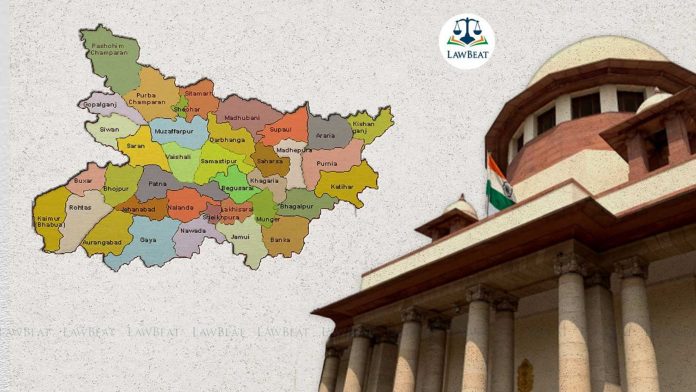- People familiar with the Indian political system and the accompanying paraphernalia vis-à-vis caste conundrum will acknowledge the fact that the country simply cannot do anything without embracing the labyrinthine equation surrounding the same. In the name of delivering social justice to the poor and downtrodden, all political parties have derived a mechanism that helps them to consolidate the assiduously built vote bank in one or another way. Except for the two national parties the BJP and the Congress, every other regional party derives their existence whilst associating with some castes. This only gets accentuated when more clamoring is witnessed for quotas and reservations based on the caste’s not-so-easily comprehensible equations.

PC: ANI Photo
- Did someone mention what will happen to the best criterion in the form of merit that should have been the sole driving point? It does not work here, you see. Caste equations still drive the political parties to milk whatever mileage they can get to consolidate their vote banks. Note that the Bihar government recently released the first cut of the results of its caste survey – even as the Supreme Court is hearing petitioners challenging the legality of the exercise. For the uninitiated, the Patna High Court in August upheld the Bihar government’s right to carry out this survey. Leaving aside the legal challenge, the survey and announcement of the results are an unfortunate development. Why? Simply because this is the wrong way to address challenges related to governance.
- Let’s delve further to understand the issue. Bihar’s caste survey has been presented to the state assembly and the judiciary as an attempt to collate data needed to frame welfare packages. Development with justice is how it was portrayed in the state assembly. Mind you, Bihar is not an exception. Neighboring Odisha has kicked off a survey on the social and educational status of backward classes. This trend is almost sure to spread as election season approaches. Of course, while state governments represent the exercise as a step towards evidence-based policy, it’s important to keep in mind that caste continues to be the building block of electoral coalitions across India. Needless to mention, these exercises will always be politically colored.

PC: Jivesh Kumar
- Unfortunately, drilling deeper to look for a common thread binding the clamor for caste-based data across the country leads to the data void on economic and social indicators that’s been building up over the last few years. The Bihar survey results said the state’s population is about 130 million – it was 104 million according to Census 2011. Shouldn’t we have a more accurate number on the state’s population from Census 2021 and not a survey? The indefinite delay in a national census has come on the heels of other gaps in the Union Government’s database. GOI’s tardy approach to data has allowed states to resort to crude measures that are tinged by political motives. The National Caste Census should have happened by now.






